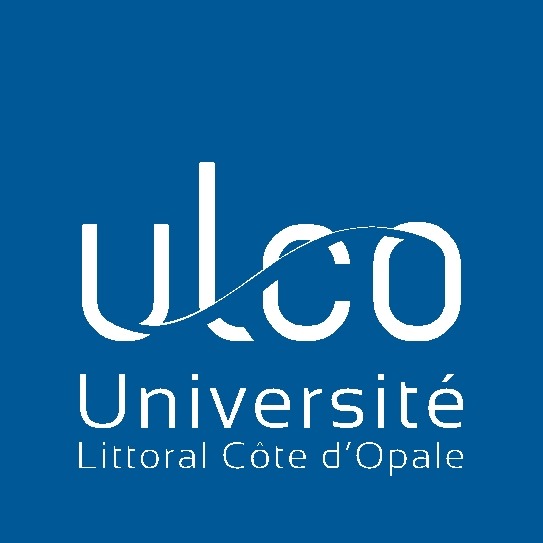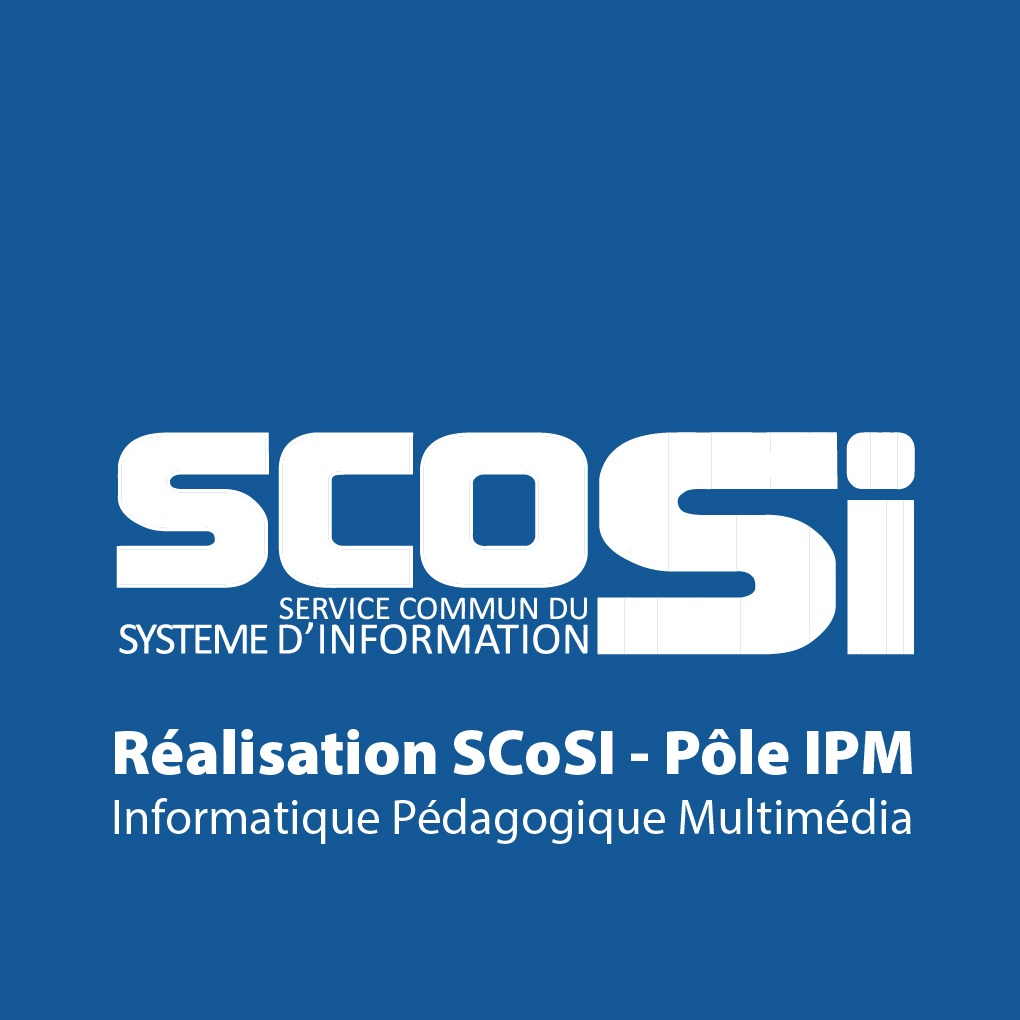Product Service Systems: New production and consumption models
Faced with the limits of Fordist production models based on productivity gains and the volume of sales, companies try to develop new business models. One strategy consists of the servitization of goods or “services around products”. The term “Product-Service System” (PSS) is the one that has become widespread in the literature since the mid-1990s. PSSs are seen as a source of new economic, social and environmental performance. Is it what can be observed in the reality?
The introduction of services in these systems follows very different logics.
Product-oriented PSSs consist in adding additional services to a product sold in a traditional economic model, such as financing a good, training, insurance, maintenance, recovery at the end of its life… There are many examples, such as DIY stores that open collaborative spaces, techshops or labs or offer Moocs for DIYers. They can also be found in industry, in a B to B relationship, where steel producers, for example, adapt their offer to the specific needs of each customer. These solutions have a higher degree of complexity than selling the product alone, but the mode of transaction remains the same (transfer of ownership of the product to the consumer).
Usage-oriented PSSs are based on the sale of the use or availability of a product not owned by the customer. In this system, the use of the product is sold, not the product itself. The providers of this service retain ownership of the hardware assets supporting the solution offerings. Collective consumption and sales of usage functions fall into this category. Printer rentals or car rental (leasing), but also bedding (!) contracts fall into this category. Suppliers cover all expenses related to the implementation of physical assets over their entire life cycle, including the use phase. It is therefore in the suppliers’ interest to optimize their performance.
Result-oriented PSSs offer the sale of a result, or a capacity to do, instead of the sale of a product. There are fewer examples, but they do involve offering a complete mobility service adapted to the need, or even energy. The producer guarantees the satisfaction of the consumer’s needs, regardless of the combination of products and services used. In this system, producer responsibility is increased. These innovative models increase the value provided to the user. The use of the initial product or the consumption of the service is more efficient.
The shift from selling goods to using a service is often seen as a way to reduce the environmental footprint. The producer, in the most elaborate forms of PSSs, remains the owner of the good, and strategies of programmed obsolescence would thus be thwarted, to the benefit of the sustainability of the goods and consumer satisfaction. But can the use of product-service systems accelerate this process? Nothing is less certain. The use of more sustainable services and materials does not prevent rebound effects, i.e. the accelerated consumption of services and associated materials. Only certain variations of product-service systems are likely to improve the environmental footprint. This is also the challenge offered by the functional economy. There are links between work on the functional economy and the PSS concept. In both cases, some applications of these models are not really a break with the intensive material growth model, depending on the forms of exchange proposed. Finally, PSSs have above all an economic objective for firms, to increase profit making by differentiating from the competitors. They make it possible to evolve towards a more “captive” model, through the principle of subscription, which makes it possible to smooth out the cash inflow and ensure customer loyalty in the medium or long term.
Some PSSs are innovative because of the ecosystem of actors they require to be set up. The combination of products and services can require many skills that a company cannot master alone. Consequently, the implementation of such PSS contributes to the creation of networks of actors and support infrastructures. The implementation of these systems implies significant technological and organizational changes. The degree of innovation underlying the development of PSSs refers in particular to the notions of exploitation, exploration and organizational ambidexterity. Innovation requires partners to deploy collective learning capacities. It also involves the collaboration of stakeholders such as consumers or local authorities. In some cases, consumers are at the heart of the system, such as collaborative consumption (e.g. services for sharing clothes among consumers). In such cases, PSSs can minimize problems of information asymmetry by reducing the barriers between supply and demand.
Moreover, to be sustainable, these PSSs are developing new evaluation systems based on their collective representation. The players consider together common issues and co-produce ad hoc evaluation methods designed to promote the smooth operation of PSSs with a view to proposing complex solutions that improve the economic, social and environmental performance of the exchange.
Céline Merlin Brogniart
Université de Lille (Clersé)
Blandine Laperche
Université du Littoral Côte d’Opale (Lab.RII)
More:
 |
Les systèmes produit-service
|



